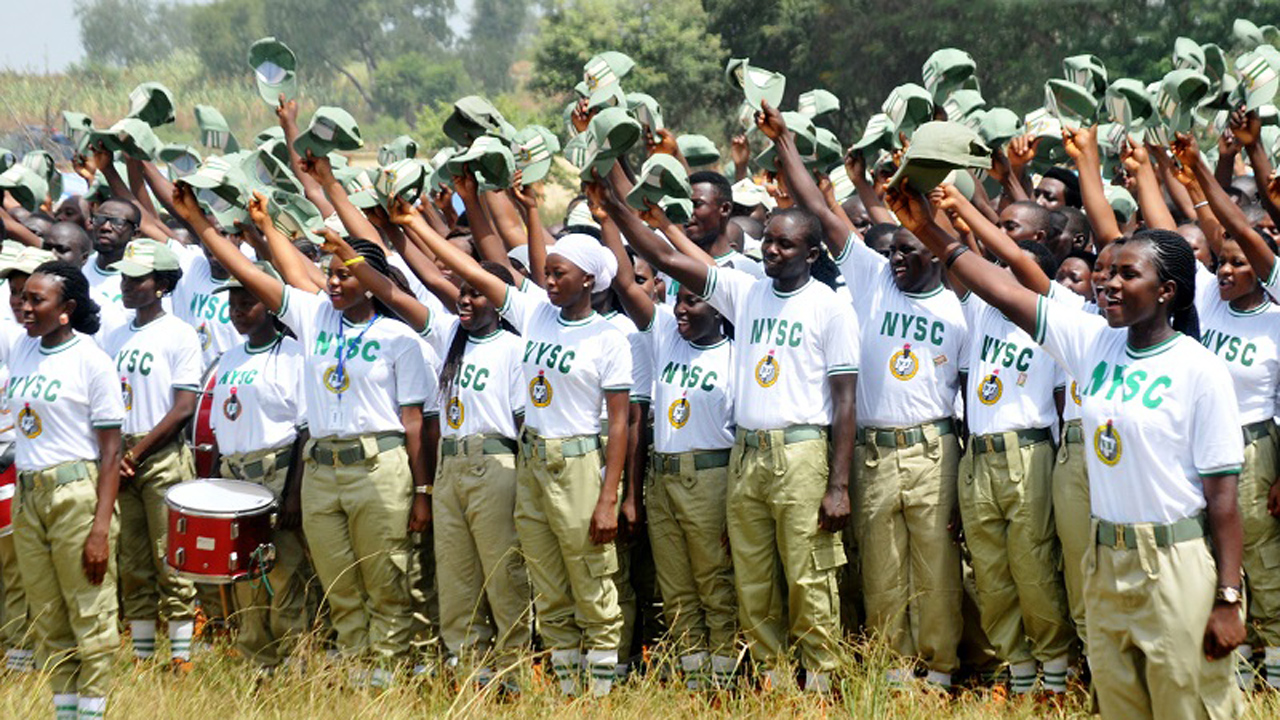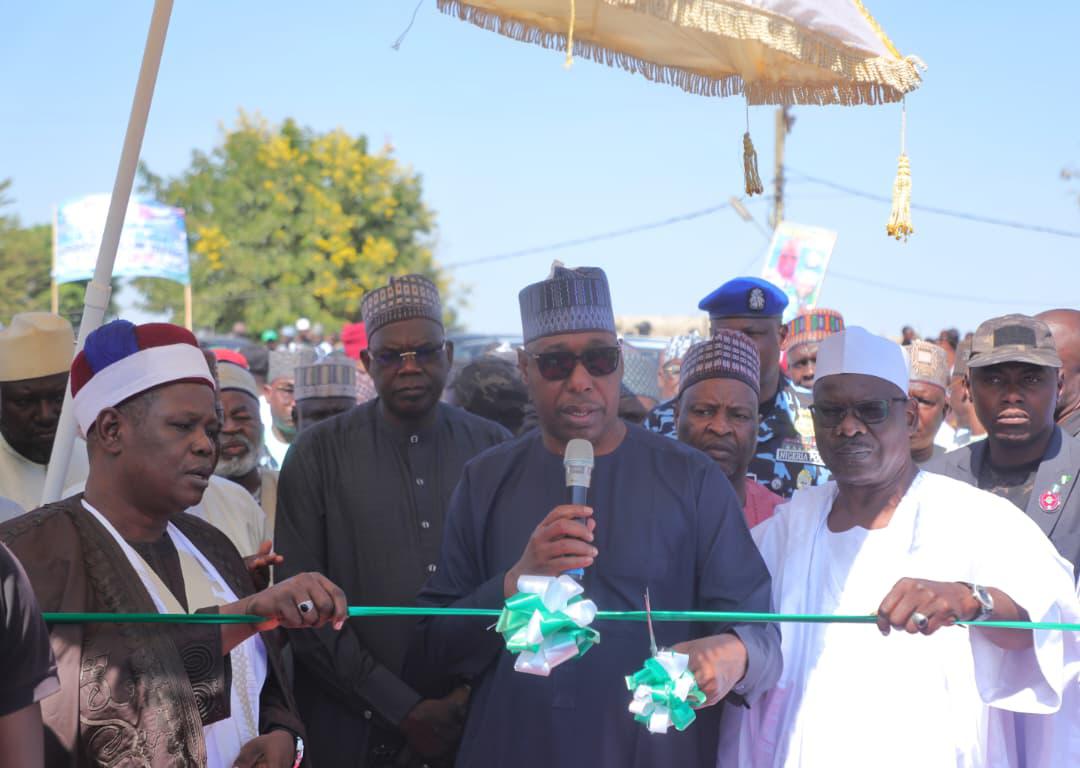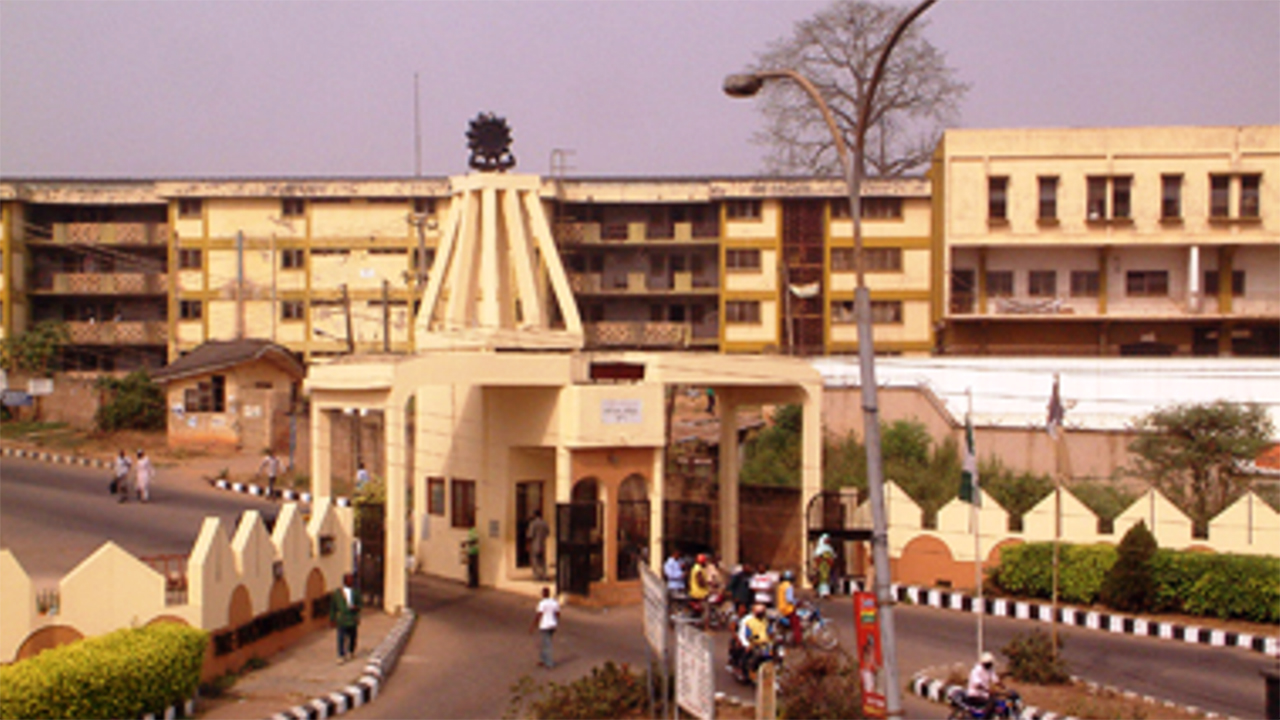
Amid acute shortage of teachers in both elementary and secondary schools across Nigeria, graduates – many of whom have no formal training in pedagogy – are being posted to schools to teach during the year-long National Youth Service Corps (NYSC) programme. However, academics and other stakeholders say these ‘teachers’ will do more harm than good. IYABO LAWAL reports.
When the Teachers Registration Council of Nigeria (TRCN) blamed the National Youth Service Corps (NYSC) members for poor performance of pupils in public schools – both primary and secondary – it might have sounded the death knell to the scheme. But, it has managed to survive to this day, though not without the worry it brings to the mind of school administrators, teachers and corporate employers.
The TRCN clearly stated that it did not want corps members in schools as teachers. The council had said the poor performance witnessed in various examinations for primary and secondary school students was partly caused by the corps members posted to teach without being qualified.
Last week, some stakeholders under the aegis of ‘Education for all initiative’ also joined in the call to stop posting corps members to schools, arguing that many of them are ‘academically incompetent’ to be teachers.
It is compulsory for Nigerians below 30, who graduated from tertiary institutions within and outside Nigeria, to participate in the programme as a requirement for formal employment in the country.
In 2017, about 300,000 graduates were mobilised for the scheme and, while the corps members are posted to different sectors, about 60 per cent of them are deployed to schools to fill the gap created by inadequately qualified teachers,
Reflecting on a national personnel audit conducted on public and private primary schools in the country, the executive secretary of the Universal Basic Education Commission (UBEC), Dr Hamid Bobboyi, said Nigeria has a shortage of 277,537 teachers.
He said 10 per cent of public primary schools in three states have only one tutor each, teaching all the pupils in each of the schools.
In recent past, some have called for the scrapping of the NYSC scheme, its critics said the programme had outlived its usefulness. But despite various attacks against the initiative, the Federal Government has continued to fund it.
The Education for all initiative noted that these crops of Nigerian youths may not be entirely innocent in deepening the failure rate in public schools. They recalled the reported case of three illiterate graduates of the Enugu State University of Science and Technology (ESUT) rejected by the NYSC. The three graduates were found to be academically incompetent where they were posted to for their primary assignments in Abuja, Lagos and Kogi.
The NYSC had informed the National Universities Commission (NUC) of the presence of corps members who displayed “glaring lack of academic ability and intelligence level expected of genuine Nigerian graduates, which were consistently exhibited by the three students.
The corps members were said to have exhibited signs of incompetence and low intelligence level, ranging from inability to complete registration formats correctly to not being able to teach pupils at nursery school level.
It was reported that one of the illiterate graduates –a lady – could hardly write the Roman figures from one to 10 in words, just as she could not write three states and their capitals. Also, she could not provide the names of two major rivers in Nigeria, just as she failed to name three countries that share border with Nigeria.
The second person was said to have been rejected by King’s College, Lagos, after it was discovered that she was “grossly incompetent to perform her duties, while the third, posted to Abuja, was rejected by a nursery/primary school because of his inability to read and write.
Nigeria is the seventh most populous country in the world. From an estimated 42.5 million people in 1960, its population has grown to over 200 million people and according to the United Nations’ projections, by 2050, the country will be populated with 399 million people and that is not good news for the country’s education sector in which severe cuts in financial allocation to the sector have done more damage than good.
The group accused the Federal Government of paying peanuts and getting unqualified people to look after public schools, particularly in rural areas where it often sends hordes of unwilling and untrained corps members to teach subjects they hardly get a hang of.
Data from the examination body showed that between 2019 and 2023, only a few candidates passed with five credits, including Mathematics and English. In 2019, of the 94,884 that sat for the examination, 35.10 per cent obtained credits and above in a minimum of five subjects including English Language and Mathematics.
In 2020, 61,509 candidates sat for the examination, out of which 24,491, representing 39.82 percent obtained credit and above in a minimum of five subjects including English language and Mathematics.
Of the 838,486 students who sat for the 2021 examination in public secondary schools, only 38.65 per cent had credit in at least five subjects, including English and Mathematics.
In 2022, only 649,159 out of 1,672,224 candidates representing 38.81 per cent got five credits and above including Mathematics and English, while only 29.17 per cent candidates actually passed the November/December exams.
In 2023, of the 80,904 candidates, 35,830 representing 44.29 per cent obtained credit and above in a minimum of five subjects, including English Language and Mathematics.
The performance of public schools in the examination has been within average, fluctuating between 39 and 42 per cent in the last four years.
Since 1984, Nigeria had won the top three prizes put up by the examination body eight times. That was in 1986, 1999, 2000, 2002, 2003, 2004, 2005, and 2006. On the other hand, Ghana won the prizes on 10 occasions: 1990, 1992, 1993, 1994, 2008, 2009, 2012, 2013,2014 and 2023.
In the eight years that the prizes had been won by candidates from more than one country, Ghana had trumped Nigeria.
The group, comprising seasoned educationists, described the poor performance of candidates in the O’ level exams over the years as disgraceful.
Led by Dr Josephine Araoye, a retired principal, the concerned body warned that if the trend continues, it will jeopardise the future of today’s youths and the generation after them.
Araoye lamented that the success rate of candidates in the examination over the years, especially private candidates, has been very low.
The spokesperson, Dr Toluwanimi Popoola, a retired director in the Ekiti State ministry of education, accused corps members of contributing to the problem of poor performance in examinations.
She wondered why government should continue to post them to schools when many do not even know what to teach or how to go about it.
The secretary, Monday Udom, advised government on the need to ensure that only corps members who read education are deployed to schools.
“The issue of poor performance is a process. We, as stakeholders,
are against posting of corps members without teaching background to schools.
A professor of educational management at the Ekiti State University, Ado Ekiti, Adekunle Ijiade, criticised the idea of posting graduates not trained as teachers to elementary and secondary schools, which he described as critical stages in formal education.
“Only corps members who graduate from the faculty of education in the universities should be posted to teach in schools.
Those without teaching qualifications lack the methodology of teaching.”
Ijiade said teaching requires knowledge of psychology, philosophy and sociology of education not known to many corps members. He stated that using such graduates as teachers would affect students’ performance.
He said: “Corps members without teaching education won’t be able to take cognisance of the individual differences of learners. It is one thing to have knowledge of the subject; it is another thing to have the knowledge of how to teach the subject. When you are teaching, there are three domains of learning that must be considered: the cognitive; affective (the value system), and the psychomotor domain, which deals with skills acquisition.
“Whoever has not undergone teacher education at any level cannot effectively impart knowledge about the three domains of learning. The cognitive aspect is what non-professionals will rely on and it is not enough.”
President of Africa Confederation of Principals, Anselm Izuagie, decried the inability of many corps members to teach, saying school administrators go the extra mile to manage the situation.
He said schools that have good systems give the corps members some orientation in teaching, but this is not available in schools with few teachers and poor infrastructure.
“The purpose of sending corps members to schools by the Federal Government to assist in teaching is defeated because they do not know the art of teaching. For the students, it is as good as if they are not taught. The corps members are deficient in teaching, so they attempt to lecture instead. And when students ask questions, they get angry. If you are a good teacher and knowledgeable, students will like you, but when you are not, you kill their interest.”
But analysts faulted the claim, noting that academic challenges of students are attributable to weak operational system and teaching methods.
They noted that the performance of public secondary school students in certificate examinations is a reflection of the country’s educational system.
A professor in the faculty of education at the University of Maiduguri, Borno State, Abubakar Hamman-Tukur, said as a stop-gap measure, a crash course in teaching should be organised for corps members before they are posted to schools.
“If there are not enough teachers, then schools have to use what they have. We must learn how to manage them. They need to be trained in the rudiments of teaching, principles, and methods of teaching as well as assessment and evaluation.”
Lawyer and education consultant, Benson Obunde, said the challenges in the sector, including funding, lack of skills, poor infrastructure, and lack of dedication to study due to irregular electricity supply to read, among others, are responsible for students’ failure.
Obunde said: “Before you can blame a child for failing an examination, you must have prepared him adequately. Although capacities vary, average students will do well if you give them what they need to succeed in those examinations. Nigerian students are learning under dilapidated classrooms and we expect so much from them?”
In order to address some of these problems, president, ‘Education Reform Movement,’ Josephine Uriaghe, said corps members posted to schools could come together during long vacations to review the curriculum and teaching methods for improvement in quality delivery to enhance learning in subsequent sessions.
An official of NYSC who spoke with The Guardian on condition of anonymity, exonerated corps members from the accusations, saying most of the students are distracted by the internet, social media and television, all of which make them lack the motivation to study.
The official noted that based on research, increased use of phones by students take about 60 per cent of their daily time, while 40 per cent is shared between studying and other activities.
“There is also the issue of how text message slang has affected the grammar of students, resulting in the poor command of the English language. They tend to mis-spell and write in abbreviations, even when answering exam questions.






